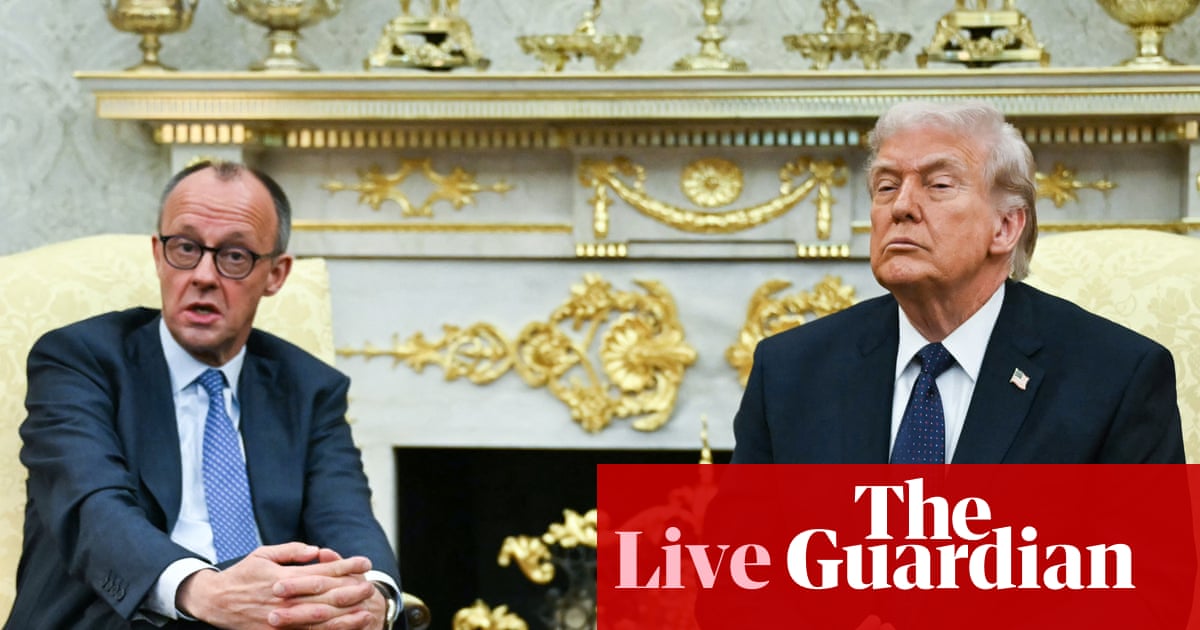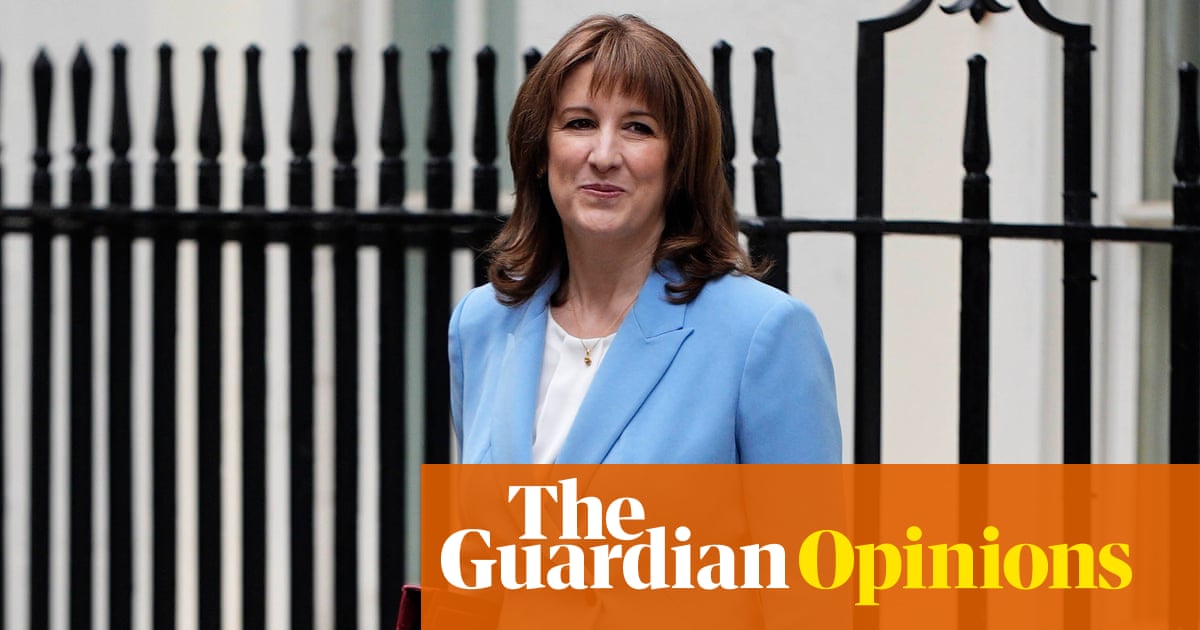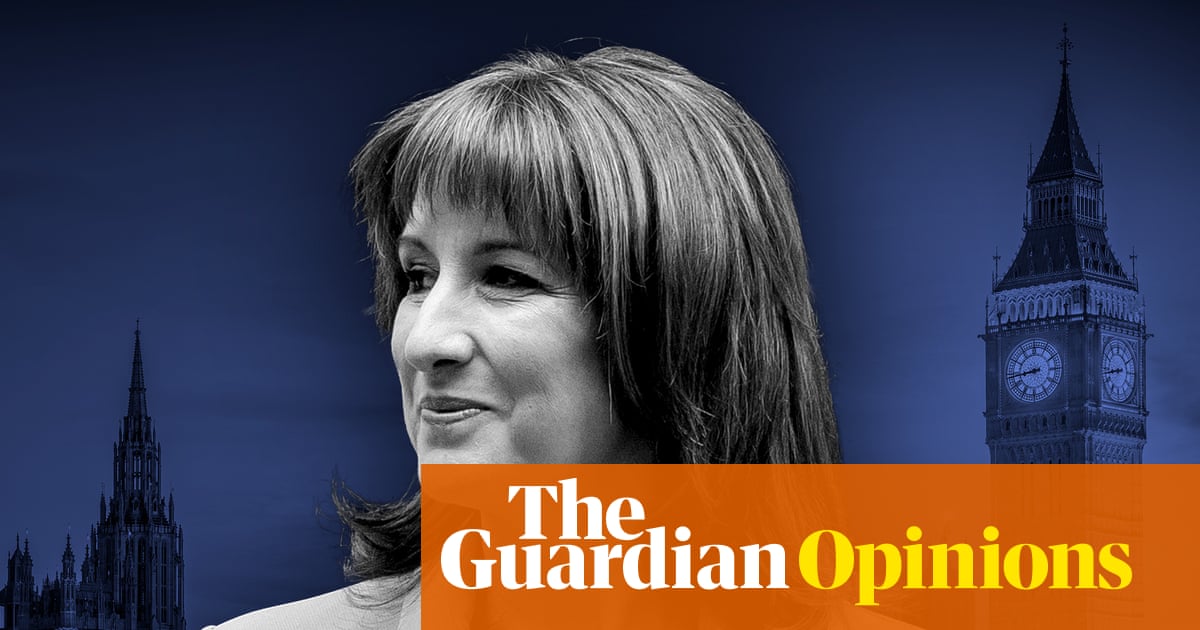Canada’s prime minister Mark Carney’s minority government has survived two confidence votes on its budget, quashing fears – for now – of a winter federal election.
The Liberals managed to pass the second of three votes on the plan on Friday, paving the way for tens of billions in new spending.
The party, which needs the support of opposition lawmakers, benefitted from Conservatives voting alongside the Liberals, putting the budget on course for a final and consequential vote in mid-November. But the results are also a reminder for Carney, the wonkish economist, of the unpredictable and fortuitous realities of politics.
François-Philippe Champagne, the finance minister, unveiled the Liberal government’s sprawling federal budget on Tuesday, explicitly acknowledging that a protracted trade war with the United States and a weakening domestic economy had forced the government to run a deficit tens of billions larger than initially forecast.
“The level of uncertainty is higher than what we have seen and felt for generations,” he told lawmakers during his budget speech. “Bold and swift action is needed.”
That action takes the form of billions in “generational investments” that would fundamentally reshape the nature of the country’s economy.
In last December’s fiscal update, the federal deficit was projected to be C$42.2bn in 2025-26. But the Liberal plan will run a deficit of C$78.3bn in 2025-26. The government says it will aim to reduce the federal deficit to C$56.6bn by 2029-30.
Leading up to the budget, Carney seemed uninterested in catering his budget to opposition parties that simultaneously argued it spent too much and too little.
He has cultivated an image of a no-nonsense technocrat eager to focus on the economy without the distractions of politics.
After Pierre Poilievre, the Conservative leader, lost his seat in the federal election, Carney oped to swiftly call a by-election, rather than forcing the top Tory to suffer in the political wilderness.
“No games,” he said.
But earlier this week Carney only controlled 169 seats – three short of the threshold required to pass a budget without help from opposition parties. Steven MacKinnon, the government house leader, warned the Liberals didn’t have the votes, and warned the country could face a Christmas election.
On Tuesday, however Chris d’Entremont, a Conservative MP, crossed the floor to the Liberals in response to the budget.
D’Entremont, who represents a riding in Nova Scotia, told reporters his decision was partly a repudiation of Poilievre’s brusque leadership and suggested there were other disaffected Conservatives.
His defection was a key win for Carney’s Liberals, who govern with a parliamentary minority. With d’Entremont now sitting with the Liberals, the party needed the support of two lawmakers from other parties to pass this budget and avoid an election.
Then on Thursday evening, as MPs were voting, Matt Jeneroux, a long-serving Edmonton MP, announced his surprise resignation just seven months after he was narrowly re-elected to “spend more time with his family”.
He later denied rumours he had been forced out of the Conservative caucus following speculation he was considering leaving the Tories after meeting privately with Carney.
“There’s no way this is just a coincidence,” Mark Gerretsen, the government whip told reporters, adding Poilievre was seeing progressive lawmakers in his ranks “abandon” the party.
Rumours of discontent within the Conservative caucus have persisted, alongside reports that Liberals are looking to woo over disgruntled Tory MPs.
Carney himself appeared more willing to play politics, telling reporters he would “speak to anyone publicly or otherwise” who might support his legislative goals.
“Carney is not a lifelong politician and that was part of his appeal to voters in the spring election. He presents himself as being above the partisan games that characterize Canadian politics,” said Lori Turnbull, director of Dalhousie University’s school of public administration. But his decision to shift the Liberal party towards a focus on the economy, and fiscal responsibility helped him able to attract moderate conservatives.
“They have a lot in common with Carney.”

 3 months ago
79
3 months ago
79

















































